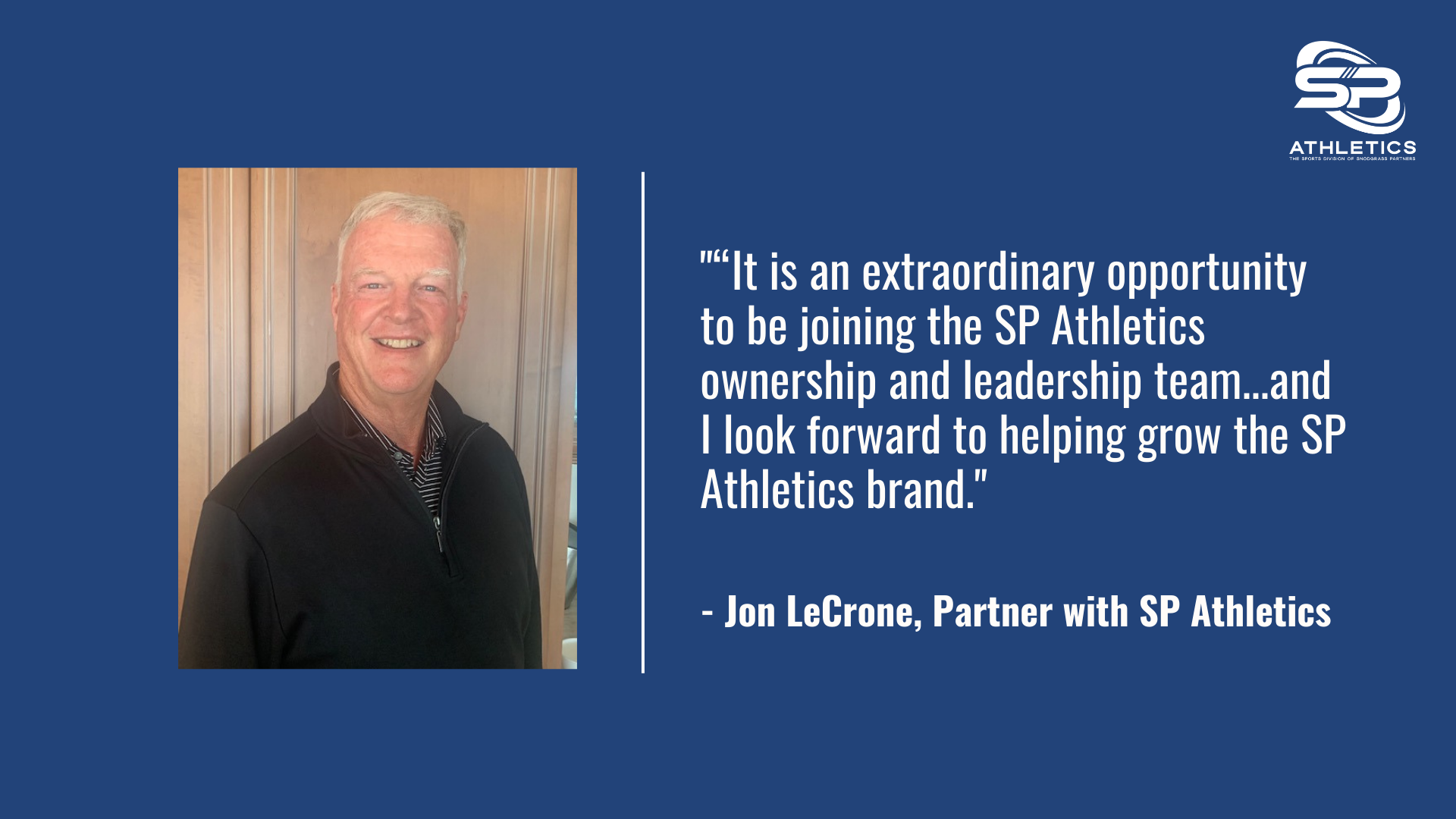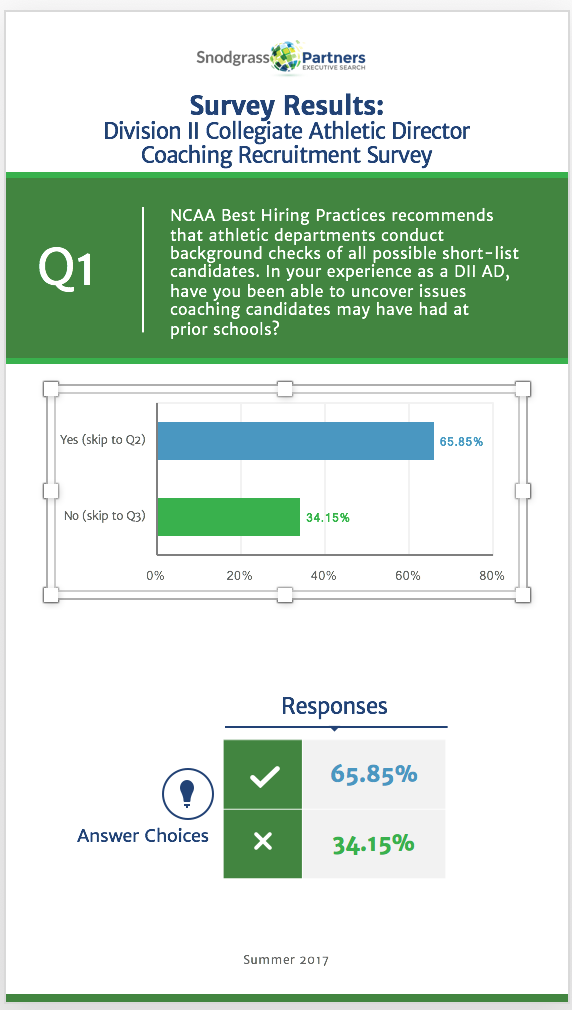
Revenue Recovery: An Element of a Sound Royalty or Commission Based Revenue Program
As we all know, the licensing and revenue sharing business is a significant part of the sports and entertainment business model. Whether it is the use of intellectual property (logo, wordmark or player or entertainer images) on a plethora of merchandise items from hats to tee shirts and everything in between—to the financial participation in the sales of merchandise at “fan shops” or online sales, or food & beverage sales at venue/stadium stands, including orders into luxury suites where retail pricing is at a premium. These revenue sources require agreements which both legally and financially protect the licensor (owner of the intellectual property). There are several agreement provisions which should be included from a financial perspective to ensure the licensor is receiving its share of the revenue in a timely manner.
Here are a few elements to consider in executing new or revising existing agreements: frequency of reports and payments to the licensor; audit or more gently known as royalty verification rights; interest assessments for late payments (after a reasonable grace period), and interest assessments for under reported royalties or commissions. Consideration should also be given to an assessment of the examination to be paid for by the licensee or concessionaire if the revenue recovery is over a percentage of actual revenue reported vs. incremental revenue recovered due to the examination. These suggestions are in addition to a solid agreement which outlines the reporting data required by the licensor, tolerable bad debt allowance levels which offset the sales records, minimum guarantees, and insurance requirements (product liability), which are dependent on the products under license.
Finally, your internal financial team should validate compliance reporting, accuracy of royalty or commission reports presented monthly, but it is recommended that an independent examination be performed every 3 to 5 years depending on the “volume” realized from the agreement. Food & Beverage/Retail commission arrangements might be considered in the 3-year cycle while merchandise agreements on the 5-year cycle or sooner if the agreement has worldwide territory rights. The exception to these general rules relates to Event Merchandising, where the recommendation is to examine royalty and sales reports 60-90 days post event.
Is it a costly undertaking? I can tell you that my experiences over 30 years are that for every dollar you spend on verification services it will return you seven dollars. The first step is to organize a royalty revenue verification program, identify a sound experienced professional, and design a 3-5 year program.
Contact me for additional information on Revenue Recovery Plans.
 Richard C. Coiro is our lead consultant of Financial Affairs for Snodgrass Partners. He has 35 years of financial experience in the sports and entertainment industry focused on events, licensing, sponsorship, broadcasting, and facility development projects. He spent 11 years at the NBA overseeing the League’s licensing, sponsorship, and entertainment. Rich’s last 17 years has been devoted to the development of the sport of tennis at the United States Tennis Association. Full bio and contact info.
Richard C. Coiro is our lead consultant of Financial Affairs for Snodgrass Partners. He has 35 years of financial experience in the sports and entertainment industry focused on events, licensing, sponsorship, broadcasting, and facility development projects. He spent 11 years at the NBA overseeing the League’s licensing, sponsorship, and entertainment. Rich’s last 17 years has been devoted to the development of the sport of tennis at the United States Tennis Association. Full bio and contact info.


